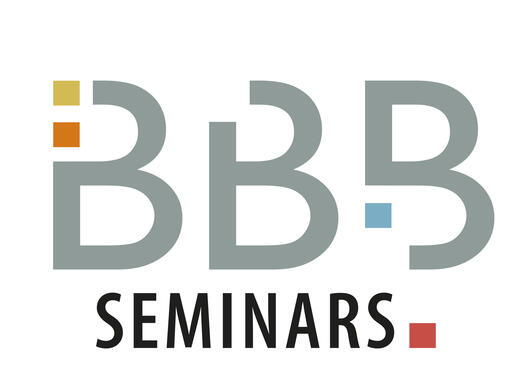BBB seminar: Axel Brakhage
Fungal immune evasion, extracellular vesicles and host-pathogen interactions - new concepts for therapy
Main content
Axel Brakhage
Leibniz Institute for Natural Product Research and Infection Biology, Jena, and Friedrich Schiller University, Jena, Germany
A fundamental question of cell biology is the molecular understanding of the sorting of internalized cargo, whether endosomes enter the degradative or non-degradative, recycling pathway. Erroneous decisions in this process are associated with many diseases. The investigation of pathogens that interfere with phagosome maturation is important to understand pathogenesis but also helps to identify host proteins that control the fate of endosomes. Recently, we discovered two mechanisms allowing the fungal pathogen Aspergillus fumigatus to manipulate the maturation of phagosomes of macrophages redirecting them from the degradative to the non-degradative pathway. Thereby spores (conidia) survive in phagosomes and are transferred to other cells or even to the medium. One of these mechanisms involves flotillin-dependent lipid-raft microdomains, essential components of phago-(lyso)somal membranes. Fungal melanin dysregulates lipid-raft microdomains. A single nucleotide polymorphism (SNP) in the human FLOT1 gene resulted in heightened susceptibility for invasive aspergillosis in hematopoietic stem-cell transplant recipients. The second mechanism requires the fungal protein HscA that anchors the human p11 protein on the surface of phagosomes thereby redirecting them to the non-degradative pathway. We showed that human p11 is a regulatory node of phagosome maturation. An SNP in the p11 gene is associated with protection against invasive pulmonary aspergillosis. We have developed strategies to target these hidden fungi by antifungal compounds using nanocontainers. We also discovered the long-distance killing mechanism of human neutrophils on A. fumigatus based on specific antifungal extracellular vesicles that contain a distinct set of antimicrobial proteins.
Chairperson: Mathias Ziegler, Department of Biomedicine

